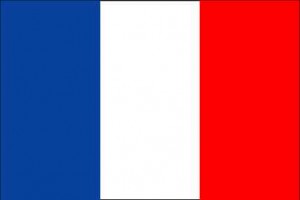SOURCES
Issue
Human activities: industry, agriculture, mining, transports are responsible for most of the inorganic diffuse contamination in soils and sediments. These sources of pollutants are already identified, but their share within the global amount of pollution remains unclear.
POLLUSOLS's WP "Sources" aims at identifying and characterizing the different sources of pollution.
POLLUSOLS's WP "Sources" aims at identifying and characterizing the different sources of pollution.
Examples
Within three decade, the copper content of Loire estuary's mussels has almost doubled. Copper is widely used as fungicide in viticulture, but it can also originate form industrial activities, transports of antifouling paints.
To what extend these potential sources of pollutions are actually responsible for the copper content of mussels?
To what extend these potential sources of pollutions are actually responsible for the copper content of mussels?
Research activities
- Sites characterization (physical measures, hydrodynamics,...)
- Historical and geochemical analysis
- Sites instrumentation, samples characterization: mineralogy, microbiological analysis, development of analytical methods for platinum group metals
- Mapping of pollutants' spatial heterogeneity
- Isotopic signature analysis (copper and lead)
- Analysis of tree rings: witnesses of uranium exploitation?
Thesis and post-doctoral researches
- Geochemistry of platinum group metals in urban and coastal areas
- Behavior of radionuclides, downstream from uranium mining sites
- Tracing mercury's origin in coastal area (Isotopic signature analysis)
- Set up of a frame of reference for local urban geochemical bottom: from datebase to geostatistical interpolation.
Updated on 30 August 2017.


